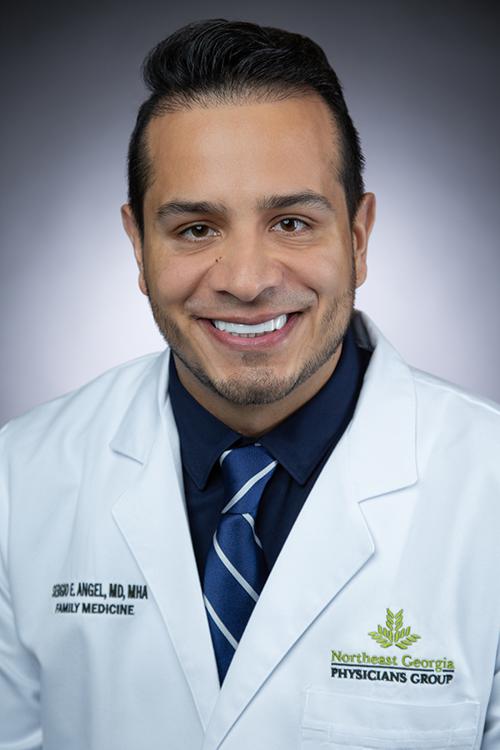Sore throats are common, especially during winter. But sometimes, that bothersome scratch in your throat is more than just a minor irritation – it might be strep throat. Strep is a bacterial infection that requires medical treatment to prevent serious complications. This guide will help you recognize the signs of strep throat, understand how it’s treated and know when to seek help from a doctor.
What is Strep Throat?
Streptococcus pyogenes, more commonly known as strep throat or group A strep, is not like those viral sore throats which often accompany colds. Strep throat needs antibiotics in order to treat it properly. It is highly contagious and can spread easily in places like schools, workplaces and crowded events.
Common Symptoms of Strep Throat
Knowing the symptoms of strep throat can help you determine if you might have it. The most common signs of strep throat are:
- Severe sore throat – Pain when swallowing, often more intense than with a cold.
- Red, swollen tonsils – Sometimes with white patches or streaks of pus.
- Swollen lymph nodes – Often tender, especially in the neck.
- Fever – A temperature of 101°F or higher is common with strep throat.
- Headache – Some people experience head pain along with a sore throat.
- Nausea or vomiting – This is more common in children but can happen at any age.
- Body aches – General aches and pains, especially in the early stages.
- Rash – Rare, but in some cases, a red rash known as scarlet fever may appear.
What Strep Throat Doesn’t Usually Include
- Cough, runny nose or sneezing – These are typical signs of a viral infection instead of strep.
- Hoarseness – While a sore throat is typical, strep doesn’t usually affect the voice.
How Strep Throat Spreads
Strep throat spreads through tiny droplets from coughing, sneezing, sharing utensils or drinks. Often, children are the culprits when it comes to passing strep, so it’s important to help them keep germs to themselves. Here are some ways to reduce your risk of catching or spreading strep:
- Avoid close contact with anyone who has strep throat.
- Wash your hands often with soap and water, especially after being in public places.
- Cover your mouth and nose when sneezing or coughing to prevent spreading droplets.
- Don’t share while eating or drinking.
Diagnosing Strep Throat
If you think you might have strep throat, it’s best to schedule an appointment with your doctor. They will know how to diagnose and get you on your way to better health:
- Physical Exam – Your doctor will check your throat, tonsils and lymph nodes.
- Rapid Strep Test – A quick swab of the throat can detect strep bacteria in minutes.
- Throat Culture – If the rapid test is negative but symptoms are strong, a throat culture may be done to confirm.
Treatment for Strep Throat
Strep throat needs antibiotic treatment to help you recover faster and reduce the risk of complications. Remember, it’s important to finish your entire course of antibiotics, even if you feel better after a few days. If you stop early, it could lead to the infection coming back or antibiotic resistance.
- Antibiotics – Penicillin or amoxicillin are often prescribed for strep throat. These medications help kill the bacteria and reduce the duration of symptoms.
- Pain Relievers – Over-the-counter medications like ibuprofen or acetaminophen can help relieve pain and reduce fever.
- Rest – Getting plenty of rest can help your body fight the infection.
- Stay Hydrated – Drinking water, warm tea or clear broths can soothe a sore throat and keep you hydrated.
Recognizing the symptoms of strep throat, getting an accurate diagnosis and starting antibiotics quickly can help you recover faster and prevent complications. By following these tips you can protect yourself and your family during the winter season.
Next Steps
If you suspect you or a family member might have strep throat, don’t hesitate to reach out to your doctor. If you don’t have one, Northeast Georgia Physicians Group has many providers to fit your needs. Many are currently accepting new patients and offer same- and next-day appointments.


